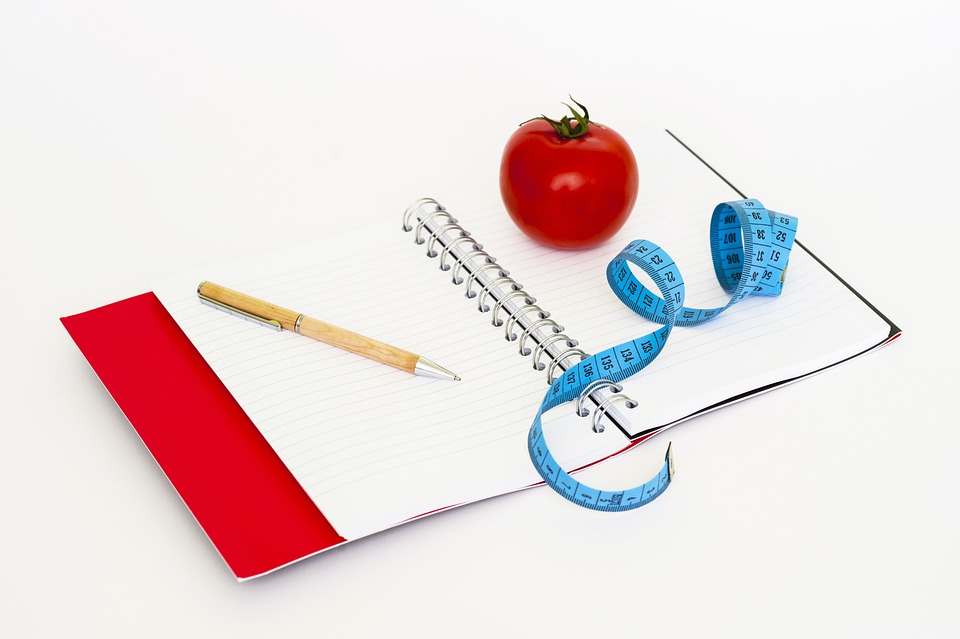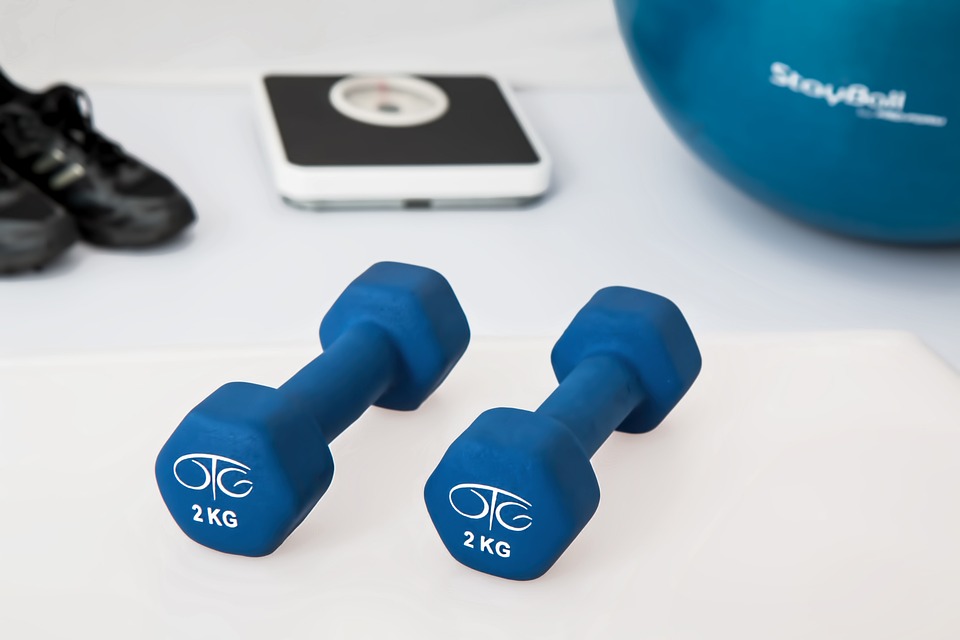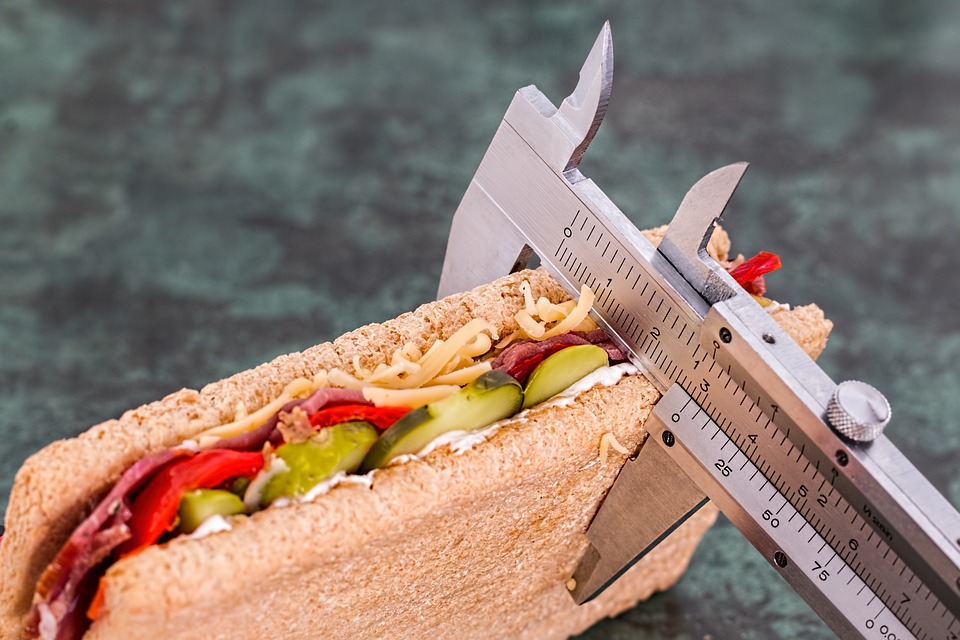Mastering the Art of Meal Prep: A Beginner’s Guide
Meal prepping has gained immense popularity in recent years as a convenient and efficient way to maintain a healthy diet while saving time and money. Whether you’re a busy professional, a parent juggling multiple responsibilities, or simply someone looking to make healthier food choices, mastering the art of meal prep can be a game-changer in achieving your goals. In this beginner’s guide, we will explore the benefits of meal prep, provide practical tips and strategies, and address some common FAQs.
The Benefits of Meal Prep
1. Time-Saving: One of the main advantages of meal prep is the time it saves. By dedicating a few hours on a designated day to prepare meals for the entire week, you can eliminate the daily hassle of deciding what to cook and chopping ingredients. This allows you to focus your time and energy on other important tasks.
2. Healthier Choices: When you plan and prepare your meals in advance, you have greater control over the ingredients you use. This enables you to make healthier choices by incorporating a variety of nutritious foods, controlling portion sizes, and reducing the reliance on processed or fast foods.
3. Cost-Effective: Meal prepping can also save you money. By buying ingredients in bulk and preparing meals at home, you can significantly cut down on dining out expenses. Additionally, it helps reduce food waste as you utilize ingredients efficiently and only buy what you need.
Practical Tips for Successful Meal Prep
1. Plan your meals: Start by creating a meal plan for the week. Consider your dietary preferences, nutritional requirements, and any specific goals you may have. This will help you determine the types of meals you want to prepare and ensure you have all the necessary ingredients on hand.
2. Choose recipes wisely: Look for recipes that are simple, nutritious, and versatile. Opt for dishes that can be easily reheated or assembled throughout the week without compromising taste or quality. Variety is key to prevent meal monotony, so include a mix of proteins, grains, vegetables, and healthy fats.
3. Invest in quality containers: To keep your prepped meals fresh, invest in a set of high-quality food containers. Look for containers that are microwave-safe, leak-proof, and stackable for easy storage. Having the right containers will make it easier to portion and store your meals.
4. Shop strategically: Before heading to the grocery store, make a detailed shopping list based on your meal plan. Stick to the list to avoid impulse purchases and unnecessary expenses. Consider buying in bulk for ingredients that have a longer shelf life or can be frozen.
5. Prep in batches: Dedicate a specific day or time slot each week for meal prepping. Cook larger quantities of proteins, grains, and vegetables that can be used as building blocks for various meals. Chop and wash vegetables, marinate meats, and portion out snacks in advance for added convenience.
6. Practice proper storage: Once your meals are prepared, ensure they are properly stored to maintain freshness and prevent spoilage. Divide your meals into individual portions and refrigerate or freeze them based on their shelf life. Label each container with the date to keep track of freshness.
7. Embrace variety and creativity: While meal prepping offers convenience, it’s important to keep things interesting by experimenting with flavors, textures, and cuisines. Add different herbs, spices, and sauces to elevate the taste of your meals. Get creative with your ingredient combinations to avoid monotony.
Frequently Asked Questions (FAQs)
1. Can I meal prep if I have dietary restrictions?
Absolutely! Meal prepping can be customized to accommodate various dietary restrictions or preferences. Whether you follow a vegetarian, vegan, gluten-free, or dairy-free diet, there are countless recipes and options available. Look for specific recipes or adapt existing ones to suit your needs.
2. How long can I store prepped meals?
The storage duration of prepped meals depends on the ingredients used and the method of storage. Generally, cooked meals can be safely refrigerated for up to four days. If you want to extend the shelf life, consider freezing the meals. Frozen meals can typically be stored for two to three months without compromising taste or quality.
3. Can I reheat prepped meals?
Absolutely! Most prepped meals can be easily reheated. Simply transfer your meal to a microwave-safe dish and heat it thoroughly until it reaches the desired temperature. It’s important to ensure that the food is heated evenly to avoid any potential foodborne illnesses.
4. Can I meal prep for the entire family?
Meal prepping can be a great strategy for feeding the whole family. Involve your family members in the meal planning process to accommodate everyone’s preferences. Cook larger quantities and portion them out accordingly. Consider preparing individualized containers for each family member to cater to specific dietary needs or portion sizes.
5. Can I still eat fresh and healthy meals with meal prep?
Absolutely! Meal prep doesn’t mean compromising on freshness or healthiness. In fact, by preparing your meals in advance, you have greater control over the quality and freshness of the ingredients you use. Focus on incorporating a variety of fresh vegetables, lean proteins, and whole grains to ensure your meals are both nutritious and delicious.
Mastering the art of meal prep takes practice and experimentation. It’s a journey that can significantly simplify your daily routine and contribute to a healthier lifestyle. So, start planning, prepping, and enjoying the benefits of this time-saving and nutritious approach to eating.
For more detailed information and recipe ideas, check out this comprehensive meal prep guide.







